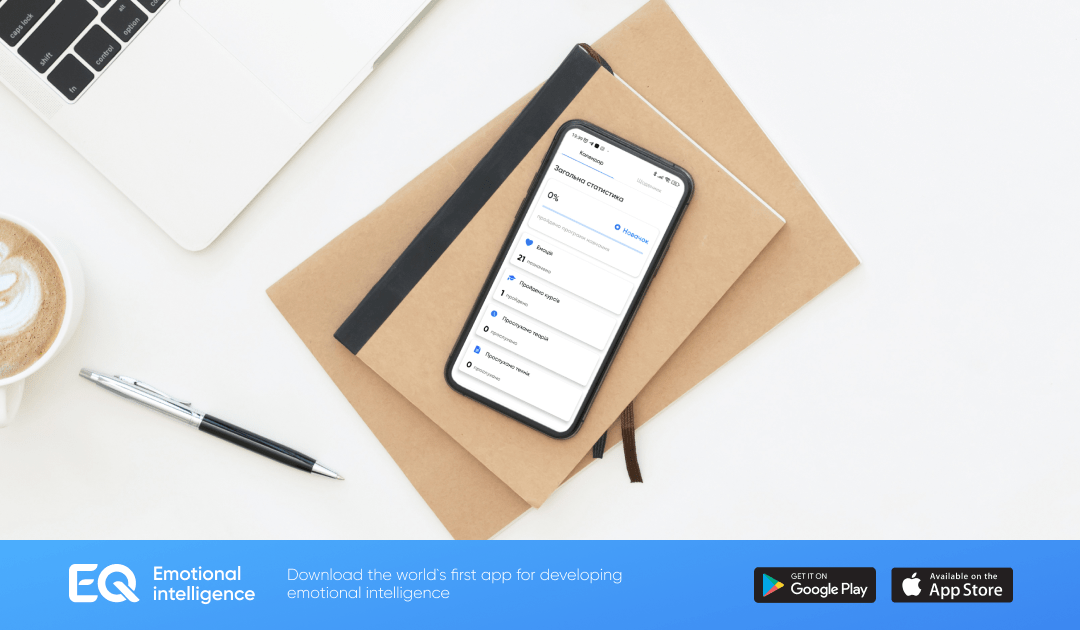When you were a teenager, you could keep a journal and hide it under your mattress. It was a place to confess one’s struggles and fears without judgment or punishment. It was probably good to get all these thoughts and feelings out of my head and onto paper. The world seemed more transparent.
Maybe you stopped keeping a journal when you reached adulthood. But the concept and its benefits still apply. It’s now called the Emotion Diary. It is simply a recording of your thoughts and feelings so that you can understand them more clearly. And if you struggle with stress, depression, or anxiety, journaling can be a great idea. It can help you control your emotions and improve your mental health.
The goal is to improve self-understanding and self-control.
Distance from emotions is vital because you cannot see or understand something if you are right in the middle of it.
Distance comes with time and with a different perspective. Time does not heal unacknowledged emotions. But the main thing is to realize that feelings are fleeting. So, if you are incredibly sad right now, there has been and will be a time when you feel excited, relaxed, or happy.
One way to implement this idea is to write about a good experience. Not only does it remind you that there is life beyond bad feelings, but it also serves as an emotional anchor.
By regularly keeping a diary, you can see a real picture of your emotional state, find the leading emotion and see the relationship with life needs.
Recommendations for keeping a diary:
- keep a diary regularly, describing as many events as you think necessary.
- 1 diary page = 1 situation
- be precise in wording and answer questions directly (do not confuse thought and emotion, describe what is needed in each column).
- be honest with yourself, you keep a diary only for yourself.
- once a week re-read the records and analyze.
Also, use the digital Diary of Emotions in our EQ-APP application. This is a good material for introspection.


Recent Comments